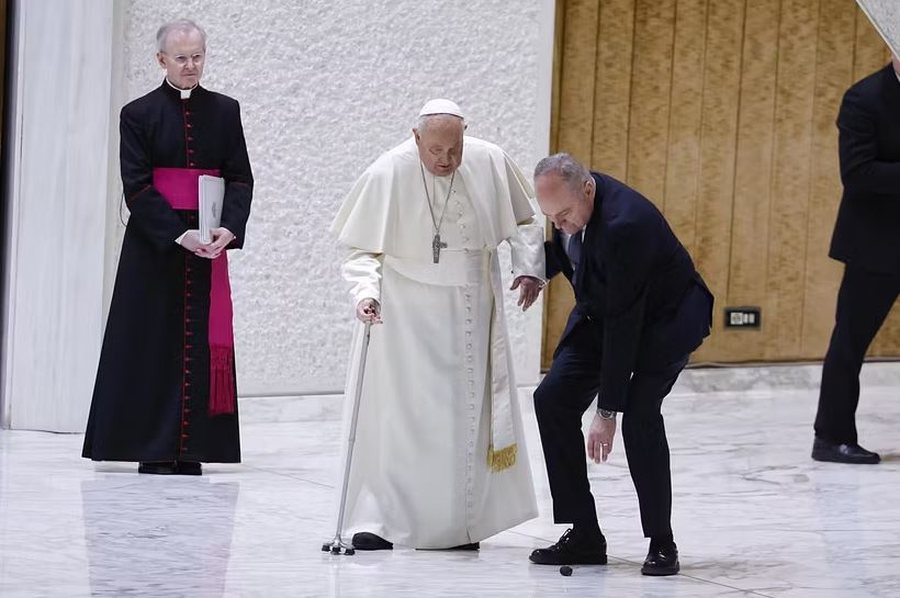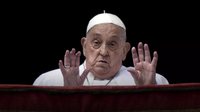
Born in 1936 in Buenos Aires, Jorge Mario Bergoglio was ordained a priest in 1969; he became a cardinal in 2001 and Pope in 2013. His pastoral action has always focused on closeness to the poor and on promoting an open and missionary Church.
On March 13, 2013, the world witnessed a historic event: the election of the first Pope from the Americas, an Argentine Jesuit with a humble heart and strong social commitment. Jorge Mario Bergoglio, born on December 17, 1936 in Buenos Aires to a family of Piedmontese immigrants, became the 266th Bishop of Rome, choosing the name Francis in honor of the Saint of Assisi.
The roots of a man of the people
Bergoglio grew up in a modest family, with his father Marion, a railway accountant, and his mother Regina Sivori, devoted to the home and the education of her five children. After graduating as a chemical technician, his profession led him to enter the diocesan seminary and then the novitiate of the Society of Jesus on March 11, 1958. His academic education saw him earn a degree in philosophy at the Colegio San José in San Miguel, followed by years of teaching in literature and psychology.
He was ordained a priest in 1969.
Ordained priest on December 13, 1969, he continued his journey in the Society of Jesus until his perpetual profession in 1973. In the same year he became provincial of the Argentine Jesuits, a post he held until 1979, when he dedicated himself to teaching and directing ecclesiastical institutions.
Leader of the Argentine Church
In 1992 John Paul II appointed him auxiliary bishop of Buenos Aires and in 1998, he succeeded Cardinal Quarracino as archbishop and primate of Argentina. His pastoral action focused on closeness to the poor and on promoting an open and missionary Church. He has always rejected luxury, choosing to live in an apartment rather than in the episcopal residence and traveling by public transport. Even as Pope he chose to reside in Santa Marta, refusing the papal apartment.
He became a cardinal in 2001.
In 2001 he was made a cardinal by John Paul II and participated in the 2005 conclave that led to the election of Benedict XVI. His influence grew in Latin America, making him a point of reference for the pastoral renewal and social commitment of the Church.
A revolutionary pontificate
His election as Supreme Pontiff on March 13, 2013 marked an epochal turning point for the Catholic Church. Pope Francis brought with him a message of simplicity and mercy, underlining the importance of a Church close to the less fortunate. His pastoral style was distinguished by its renunciation of signs of power: he preferred the white habit without a moustache, avoided luxurious residences and invited the Church to be “outgoing”, close to people and the existential peripheries.
A Church in solidarity and attentive to the poor
From the first days of his pontificate, he promoted a reform of the Roman Curia and intensified his commitment to social justice, the reception of migrants and the fight against abuse. His encyclicals "Evangelii Gaudium", "Laudato Si'" and "Fratelli Tutti" have traced a clear path: a Church in solidarity, attentive to the poor and committed to protecting creation.
Mercy as the foundation of modern Christianity
In his decade-long pontificate, Pope Francis has faced complex challenges, including internal tensions within the Church, global crises, and interfaith dialogue. Yet his message of hope and renewal has continued to inspire millions of believers around the world, reaffirming the value of mercy as the foundation of modern Christianity. (A2 Televizion)












